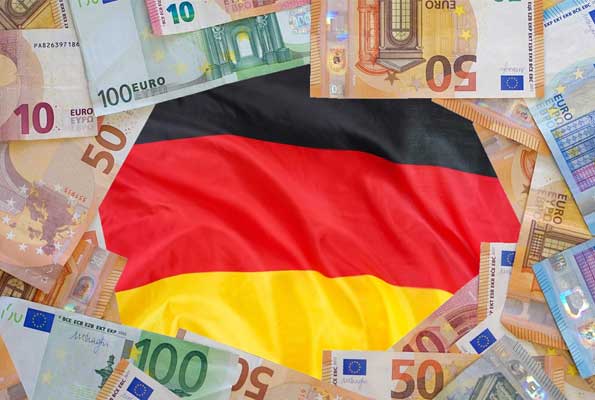According to the latest data of the Germany Trade & Invest (GTAI), the country’s economic development agency, foreign investment in the European country remained constant in 2022 despite the challenging environment.
There were 1,783 new trade settlements and expansions in 2022, 101 more than in 2020 but 23 fewer than in 2021.
During an interaction with Reuters, Robert Hermann, managing director of GTAI, said, “Given the tough circumstances, with the war in Ukraine, the energy crisis, and the pandemic aftermath, this is a success. However, Germany is still a desirable location.”
With 279 projects, the United States continued to be the largest investor.
“Considering the strong promotion of domestic investments in the United States through the Inflation Reduction Act (IRA), this is extraordinary,” Robert Hermann added.
With 208 projects, Switzerland came in second, and the United Kingdom came in third with 170. According to Hermann, both nations are not EU members but frequently select Germany when they need a supporting foot there.
With 141 projects, the lowest number since 2014, China came in fourth. Hermann stated that “the Corona epidemic impacted that.”
Due to China’s zero-COVID policy, business travel was not feasible, which might have made transactions more challenging. In December 2022, Beijing unexpectedly ended the practice.
With 139 projects, a new high for the nation, Turkey rose to fifth place.
In 2022, the value of proposed investments increased to 25 billion euros (USD 27.52 billion), mainly because of the commitment of the American semiconductor firm Intel, which chose Germany as the location for a massive new chip-making complex, with an initial investment of 17 billion euros.
Except for the Intel investment, announced investments surpassed the 2021 outcome by one billion euros, totalling 8 billion euros. Hermann remarked, “That’s an outstanding figure.”
However, not everything is rosey in Europe’s largest economy.
A survey by the German Chamber of Commerce and Industry (DIHK), based on responses from approximately 21,000 companies from all walks of industries, has given a not-so-good picture of the country’s economic situation, as per the reports from the Xinhua news agency.
Ilja Nothnagel, a member of the DIHK Executive Board responsible for economic analysis, said, “The outlook for the next 12 months remains overall bleak, especially since incoming orders are noticeably declining on the demand side. DIHK continues to expect zero growth this year. There are still no signs of a broad-based upturn.”
Around 65% of the survey respondents identified energy and raw material costs as the greatest business risk, although energy costs have retreated markedly from their record highs during the past few months.
The shortages of skilled workers and labour costs have also emerged as a big concern.
More than 60% of the companies involved in the survey were concerned about the shortage.
“Overall, we must conclude that the German economy lacks momentum,” Ilja Nothnagel said.
In December 2022, the country’s central bank (Bundesbank) significantly revised its economic growth forecast for 2023.
The central bank had said that the German economy avoided a severe downturn and would contract by 0.5% in 2023.
Germany’s gross domestic product grew by 1.8% in 2022, as per reports.



